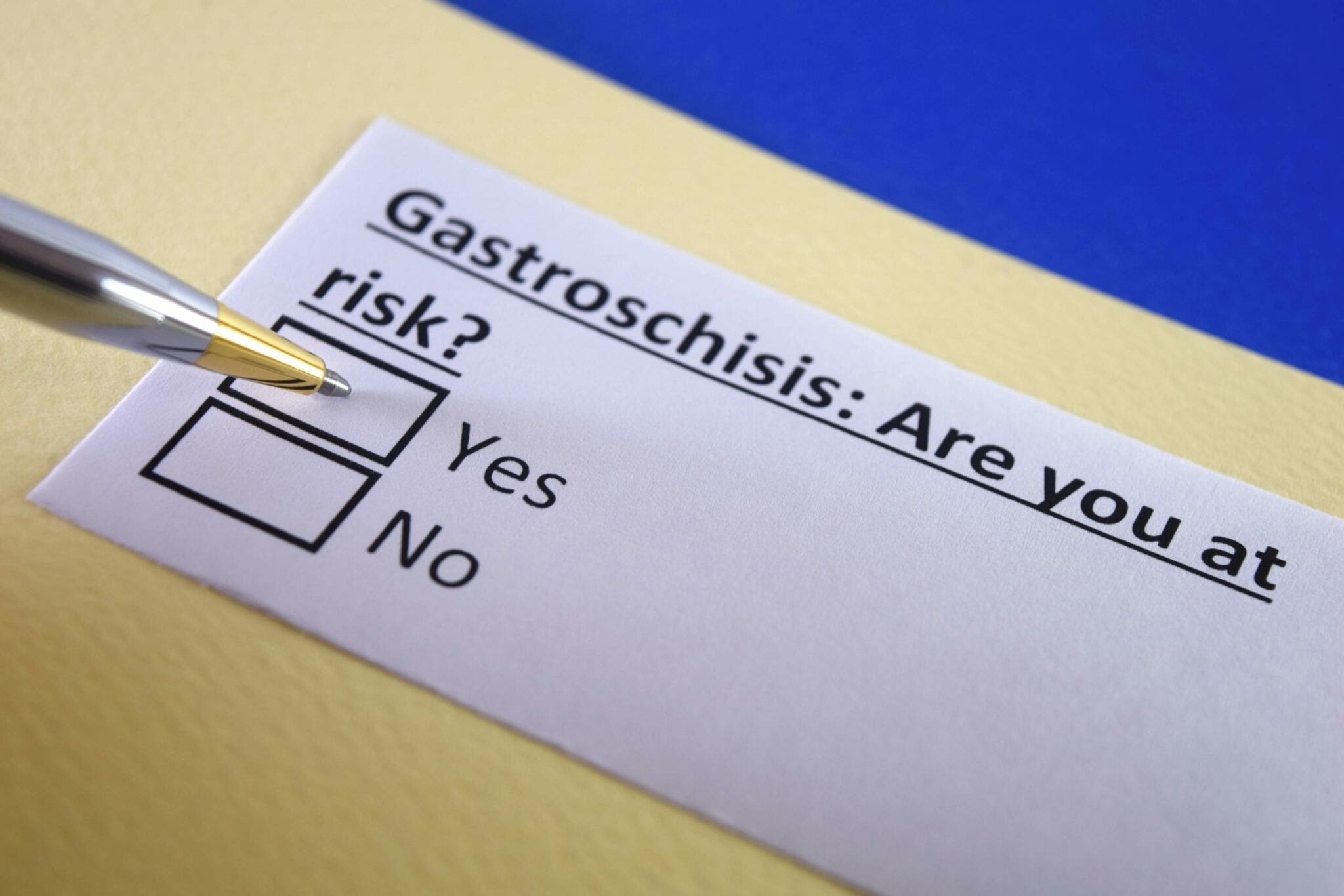Baby Development: Your 10 Month, 3 Week Old


Your 10-month-old baby is gaining independence every day. Some may be climbing and crawling, while others may be venturing to take their first steps. And while these are exciting times, you may also notice some less pleasant changes when it comes to your little one’s behavior. Your once sweet, compliant infant may have found his or her voice — and it may be loud and boisterous and not always in agreement with you. Sometimes, in fact, you might suspect your baby is deliberately going against you, and you might even start seeing tantrums, hitting, and biting.
You may be surprised that these behaviors can show up at such an early age and not quite sure how to deal with them. But if you focus on creating a safe, positive environment, your baby will grow up feeling secure and loved.
As your baby becomes more mobile and independent, it is important to begin providing a safe, structured environment in order to safely impose limits. Physical barriers, such as baby gates and closed doors, can provide a safe space for your baby to explore. Providing a safe environment is the first step in creating trust between you and your baby.
Effective discipline methods
Redirecting your little one away from problem areas is likely the most effective way to minimize the negative behaviors. Simply ignoring undesirable behavior is also very effective at this age. Often, the more attention you draw to an unwanted behavior, such as yelling, hitting, or biting, the more your little one will misbehave. A firm “no” can also be used but should be reserved for times of danger. But if you say \”no\” too often, your baby may not respond when there is a true threat to safety.
Consistency is key when dealing with disciplining children of any age, and it is not too early to start at 10 months old. Providing firm limits teaches your child that there are boundaries that should not be crossed, even at this early age.
Spanking
Some parents wonder if spanking is a good discipline method for young children. While spanking may reduce the undesirable behavior temporarily, it is not effective in eliminating bad behavior. A 10-month-old is too young to even understand the link between the behavior and the punishment.
Over 90 percent of parents say they have spanked their child at some point. However, the American Academy of Pediatrics does not ever advocate spanking infants or children. First and foremost, young children can be physically harmed by spanking, especially children under 18 months of age. Perhaps even more concerning is the emotional harm that spanking can cause. Young children may even begin to imitate the behavior, leading to an increase in aggression towards parents and other children. Ultimately, when a parent strikes a child, it undermines the innate trust that child has, possibly leading to mistrust down the road.
Find out what a pediatrician thinks of spanking with Dr. Kristie Rivers.
Powered by Bundoo®










































